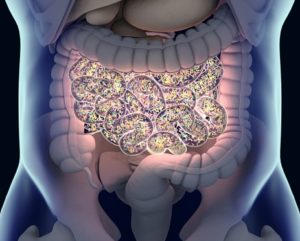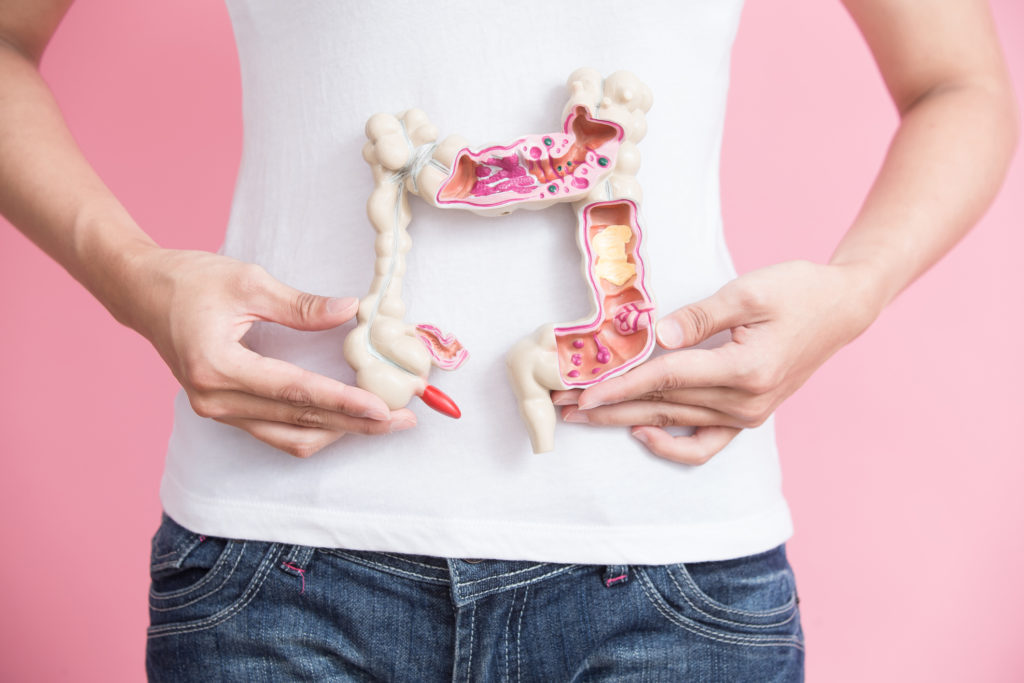Researchers reviewed the impact of fibers, functional foods, and probiotics on symptoms of irritable bowel syndrome with constipation (IBS-C). Although the low-FODMAP diet is commonly recommended for IBS, it’s more effective for IBS-D (diarrhea) than IBS-C. Researchers concluded that while there’s no one-size-fits-all diet for IBS, general nutritional advice and probiotic intake are common suggestions. Though dietary changes might not address the primary IBS symptom of abdominal pain, a balanced diet promotes better overall health and life quality. Researchers noted that more research is essential to determine the best dietary approach for IBS-C, focusing on enhancing gut microbiota.
Reference: Di Rosa C, Altomare A, Terrigno V, et al. Constipation-Predominant Irritable Bowel Syndrome (IBS-C): Effects of Different Nutritional Patterns on Intestinal Dysbiosis and Symptoms. Nutrients. 2023 Mar 28;15(7):1647. doi: 10.3390/nu15071647. PMID: 37049488; PMCID: PMC10096616.









